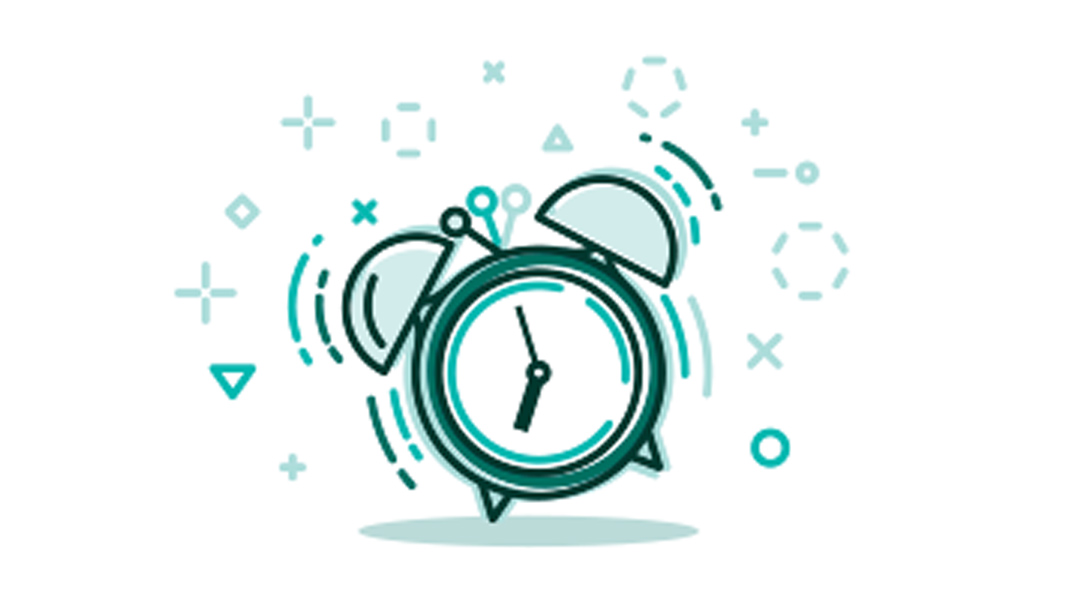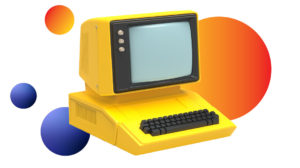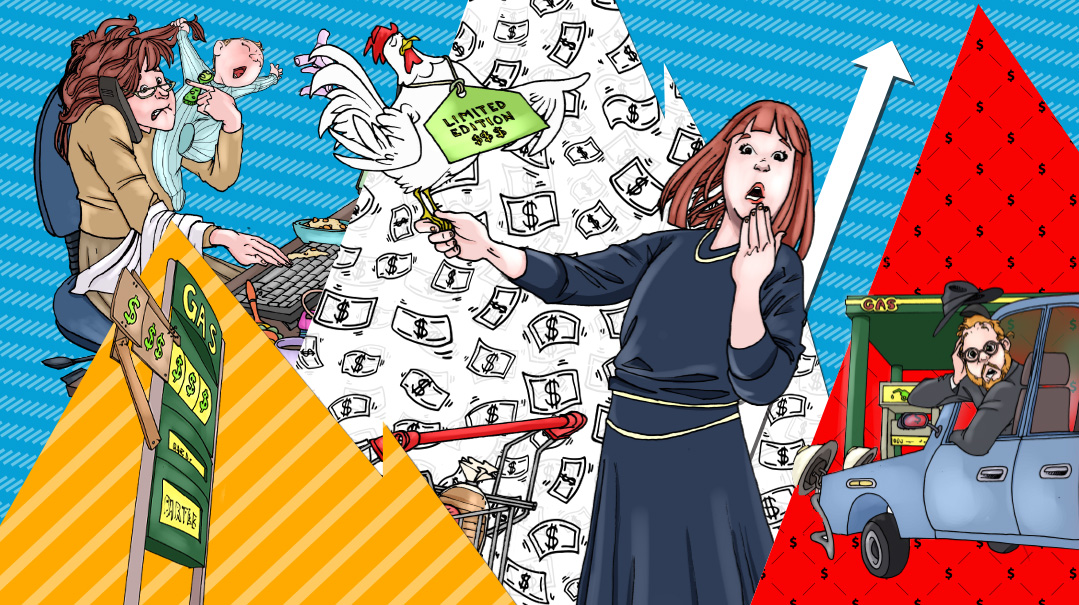How Can I Push Past Procrastination?
| August 14, 2019For most of us, these five seconds are not conscious, and that’s precisely the problem

What’s the first thing that goes through your mind when your alarm goes off in the morning? Hitting the snooze button?
What does the voice in your head say when you have to submit that e-mail, make that difficult call, or do unavoidable work you keep
pushing off?
For many years, it was a struggle for me to get up when my alarm went off. It was just so nice to stay in bed. Well, the same is true of your comfort zone. It’s comfortable to be there. Why push yourself out of it? Even if you’re a passionate, driven entrepreneur, there’s often an inclination to stay where you are.
I used to have difficulty making decisions and taking action. I would think too much and wonder “what if?” for even inconsequential decisions, like whether to order sushi or meat at a restaurant. When faced with choices, many people freeze, flee, or choose indecision — also known as “paralysis by analysis.”
The problem with that, though, is that indecision is still a decision — but it’s almost definitely not the one that moves you toward what you want.
One day, my child dropped food on the floor, and I was thinking about whether I should teach her the “five-second rule,” that it’s okay to pick up the food since it was on the ground for less than five seconds. In that moment, I realized the wisdom of this five-second period. In this short
amount of time, you can calculate a decision, turn inward for directive wisdom, and take action.
I realized that if I apply the five-second rule to my daily choices, I would be unstoppable. It would give me inner decisive power for getting out of bed, entertaining a distraction or not, sticking to my time-management system, or deciding to go to the gym, because I would be able to decide and do rather than only think about getting something done.
Now, when I find myself hesitating about what I should be doing, I stop the internal conversation, make an executive decision that I’m doing it immediately, and count down from five. Even ten seconds is too long — you might talk yourself out of it. And I purposely don’t count up, because I just might keep counting!
It may sound simple or familiar. Since thinking about it myself, I’ve seen the idea in books by Mel Robbins and Malcolm Gladwell, but it’s a rule that has transformed my personal and professional life. In my first business, I coached people in the health and wellness sphere. There, I found the five-second decision to be crucial in making diet decisions.
It goes like this:
Stimulus: Chocolate cake → Desire: Eat delicious food → Decision (to eat): Apply five-second rule.
Then, I’m able to decide quickly that I don’t want it, walk away, and choose to feel proud and powerful. In just 5, 4, 3, 2, 1 … you get a result that leaves you feeling great and reveling in the pleasure of being in control of desire instead of being controlled by it.
I used to be a chronic doer and a chronic “non-completer.” You know the type: 30 tabs open on the browser, five projects in the works, and writing three e-mails at the same time. With many coaching clients, the issue is they start and don’t finish. Part of it is personality and habit, but part is also not having a powerful structure for decision-making to overcome their inertia.
Parshas Terumah/Tetzaveh and Vayakhel/Pedukei take this idea a bit deeper. At first glance, they seem repetitious, but we know there’s no repetition in the Torah. Rav Avraham Pam writes that the difference between parshas Terumah/Tetzaveh and Vayakhel/ Pedukei is subtle — it can be found in the commandment of action.
In Terumah/Tetzaveh, the pasuk says, “ta’asu, and you shall do,” in the future tense. In Vayakhel/Pekudei, the pasuk says “vaya’asu, and they did,” in the past tense. Initially, the Jewish people set out to achieve tasks; in the latter parshiyos, they took the actions, made the decisions, and achieved them. It’s the difference between setting out to achieve and reaching completion. I always remind my clients, in business and life, either you’re moving forward or you’re not.
This practice also applies in areas aside from procrastination. In five seconds, we decide on the initial meaning we will give to a situation. Whether we feel positive or negative about someone or something, and whether we will take personal ownership of the issue or place the responsibility or blame elsewhere, can all be decided in five seconds.
For most of us, these five seconds are not conscious, and that’s precisely the problem. My transformation began when I became aware of the five seconds and understood how to use them. Then I developed a system to take each one to the next level.
Yitzchak (Isaac) Bardos is an innovative business performance coach, nationwide speaker, and author of the forthcoming book, Your Emotional
Wealth; How to Achieve Excellence in Today’s World. With over a dozen years of experience speaking and coaching, Yitzchak is the founder of The Unstuck Method, which has dramatically impacted the lives of his clients, including entrepreneurs, professionals, and executives. He has been a featured speaker at private retreats, scholar-in-residence programs, professional organizations, and shuls. He has been highlighted in secular and Jewish media, ABC News, radio, podcasts, and more. He lives in Boca Raton with his wife and family. Visit him at www.IsaacBardos.com.
(Originally featured in 2.0, Issue 5)
Oops! We could not locate your form.












